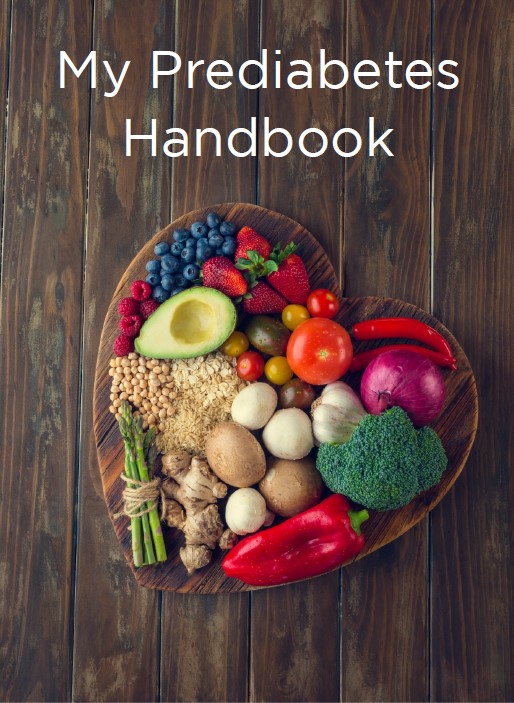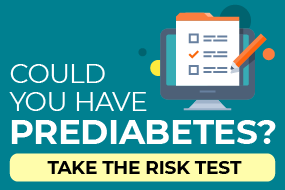| ideas for
What is prediabetes? How can it be managed or even reversed? Check out the handbook below for more information:
Live Well
Would you like a wellness coach to help you build healthy habits and make lifestyle changes that reduce your risk of developing type 2 diabetes? Learn more about the year-long National Diabetes Prevention program offered in partnership by Tillamook County Family YMCA and Northwest Senior and Disability Services.
Diabetes Prevention

“Connect Well is about helping people access the physical, mental and social supports they need to thrive. We are especially focused on preventing type 2 diabetes. There are simple screenings that can identify who is at risk for developing diabetes and there is a lot we can do to reverse the process. Through the Connect Oregon Network, we can make referrals within our community to programs that help people improve their overall health and wellbeing.”
| Michelle Jenck, Well-Being Director, Adventist Health Tillamook
Together, we can prevent Type 2 Diabetes!
In 2016, 12% of adults in Tillamook County were reported to have type 2 diabetes. As of 2023, approximately 8% of local adults have type 2 diabetes, which means we are moving closer to our goal. The CDC estimates that an additional 30% of people are at risk for prediabetes and most do not know they are at risk.
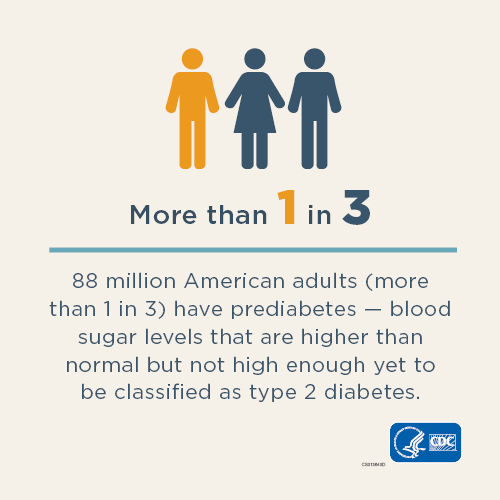
More than 1 in 3 people have prediabetes.
Prediabetes is a condition where a person’s blood sugar levels are higher than normal, but not high enough to be diagnosed as diabetes. Most people have no symptoms and do not know they have it.
Prediabetes CAN be reversed and many of the same steps for reversing prediabetes can greatly improve disease management for people who already have type 2 diabetes.
Take the “Do I have prediabetes” risk test and schedule an appointment with your care provider if your score is 5 or higher https://doihaveprediabetes.org.
Risk factors include having gestational diabetes while pregnant, family history of type 2 diabetes, being overweight, having high blood pressure, and being physically inactive.
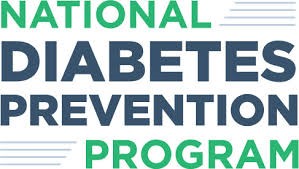
If you have diabetes or prediabetes, there are programs in Tillamook County that can help you improve your health and manage these conditions. The Tillamook Family YMCA offers two classes free of charge: the National Diabetes Prevention Program and Diabetes Self-Management classes.
The National Diabetes Prevention Program (NDPP) is a year-long, evidence-based course to help people with prediabetes reduce their risk of developing type 2 diabetes. The program provides you with a wellness coach and group support as you learn to set and meet realistic exercise, food, and other health and wellness goals. It will also help you develop healthy coping skills and overcome other challenges, like setbacks and relapses, to build resilience and improve your mental health along with your physical health.
Chronic Disease & Diabetes Self-Management (Living Well with Diabetes/Chronic Conditions) is a 12-week course intended for people with diabetes, especially type 2 diabetes. The class will help you learn how to monitor and control your diabetes and blood sugar, create a personalized exercise program that works for you, learn the importance of healthy eating, and explore how to talk with your doctor and family about your health. You will also receive support from other people living with diabetes and a trained lifestyle coach who will support you on your journey.
Thanks to training and funding from NWSDS and the Oregon Wellness Network, these classes are offered locally at the Tillamook YMCA with no out-of-pocket cost to attendees. To learn more and to register, call 1-833-ORE-WELL or through the Connect Oregon Network by contacting the YMCA at (503) 842-9622 ext. 111.
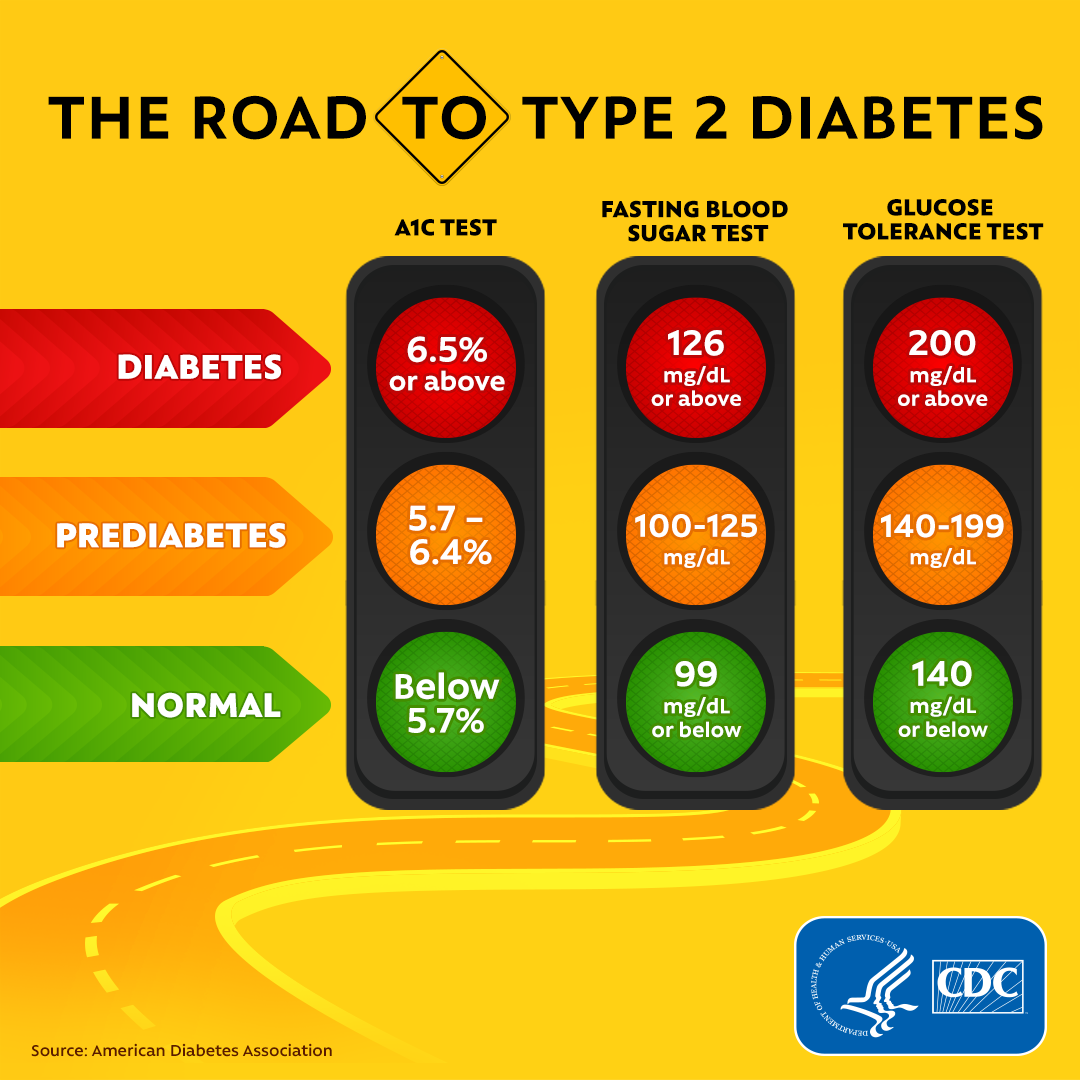
Schedule an annual well visit with your primary care provider and ask to find out your risk for type 2 diabetes. A simple blood test, called an A1C, can be performed that will show average blood glucose (or blood sugar) levels over the past three months. An A1C score between 5.7 to 6.4 is considered prediabetes.
Your healthcare provider may use your A1C to diagnose prediabetes or diabetes and to monitor your blood sugars over time. Most insurance plans cover the A1C test for individuals at risk of diabetes and prediabetes. Your physician can also refer you to a Registered Dietitian or a Certified Diabetes Educator who can help you learn ways to use nutrition and lifestyle techniques to positively impact your health and blood sugar balance.
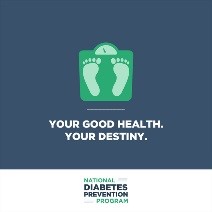
Begin to track and modify lifestyle habits, such as becoming more physically active, eating healthier, getting enough sleep and cutting out tobacco. These have been shown to drastically reduce risk for type 2 diabetes as well as improve disease management in people who already have it. Additionally, losing 5-7% of total body weight has also been shown to reduce risk for type 2 diabetes by as much as 58%. For someone who weighs 200 lbs., that would mean losing 10-14 lbs.
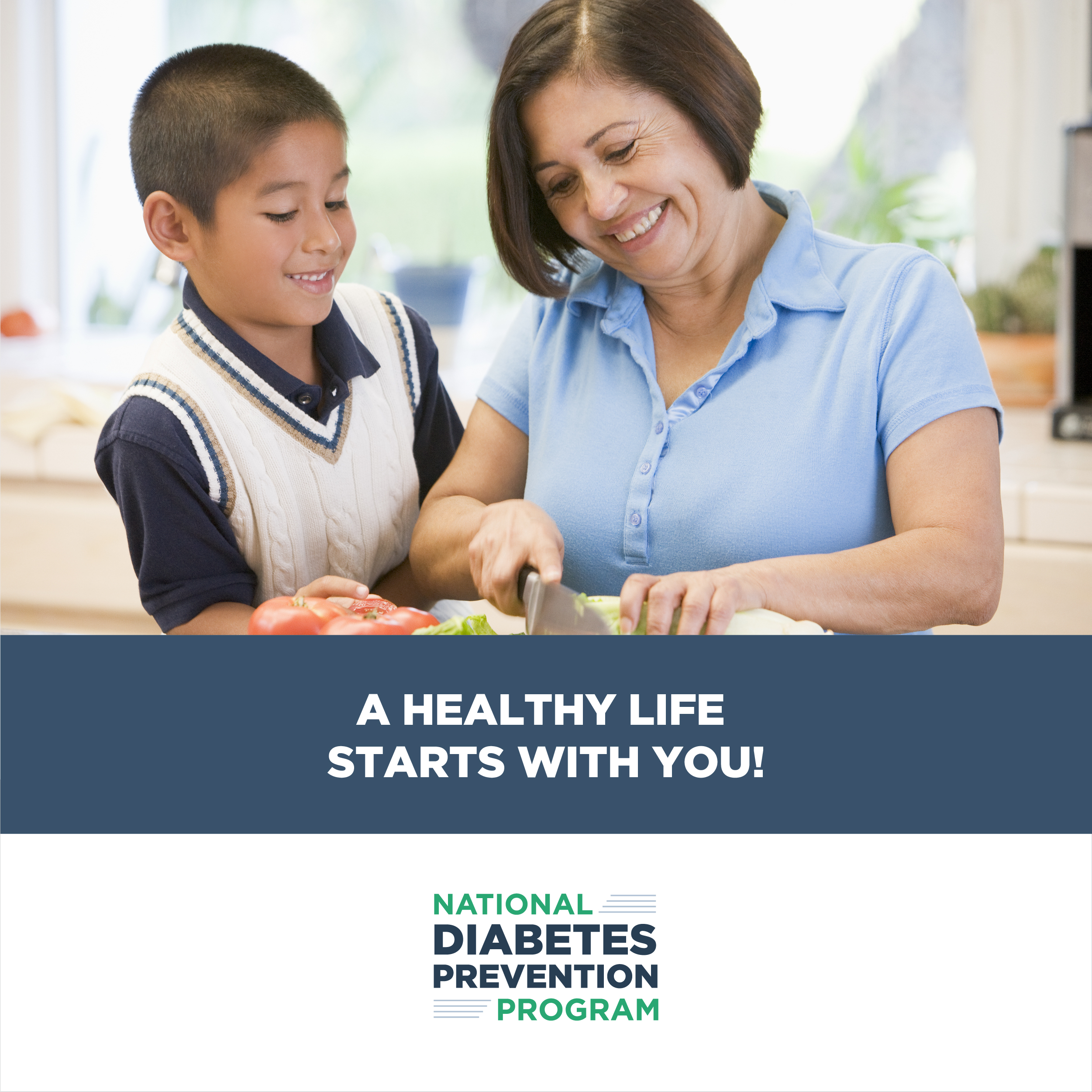
Share your story. Talk to others about your health and seek out ways to make health behavior changes that will work for you. Ask family members, friends and co-workers to support you (and each other!) in efforts to improve lifestyle habits. Choose a primary care provider and schedule annual well checks to discuss your health concerns. Changes are made easier when we do them with others.
“I am happy to report that my A1C is down to 5.6 from 6.4! My BP went from 120/90 to 104/60. I am feeling very proud of myself. The external change of losing weight is the side benefit of getting healthier on the inside.”
– Jessica, 2021 NDPP Participant
Know where to go. Get connected to community programs, classes and resources that you can take advantage of to support your health. Explore our website to discover the many free, local activities and programs that support healthier lifestyles. Follow Tillamook County Wellness on social media for inspiration and ideas.

